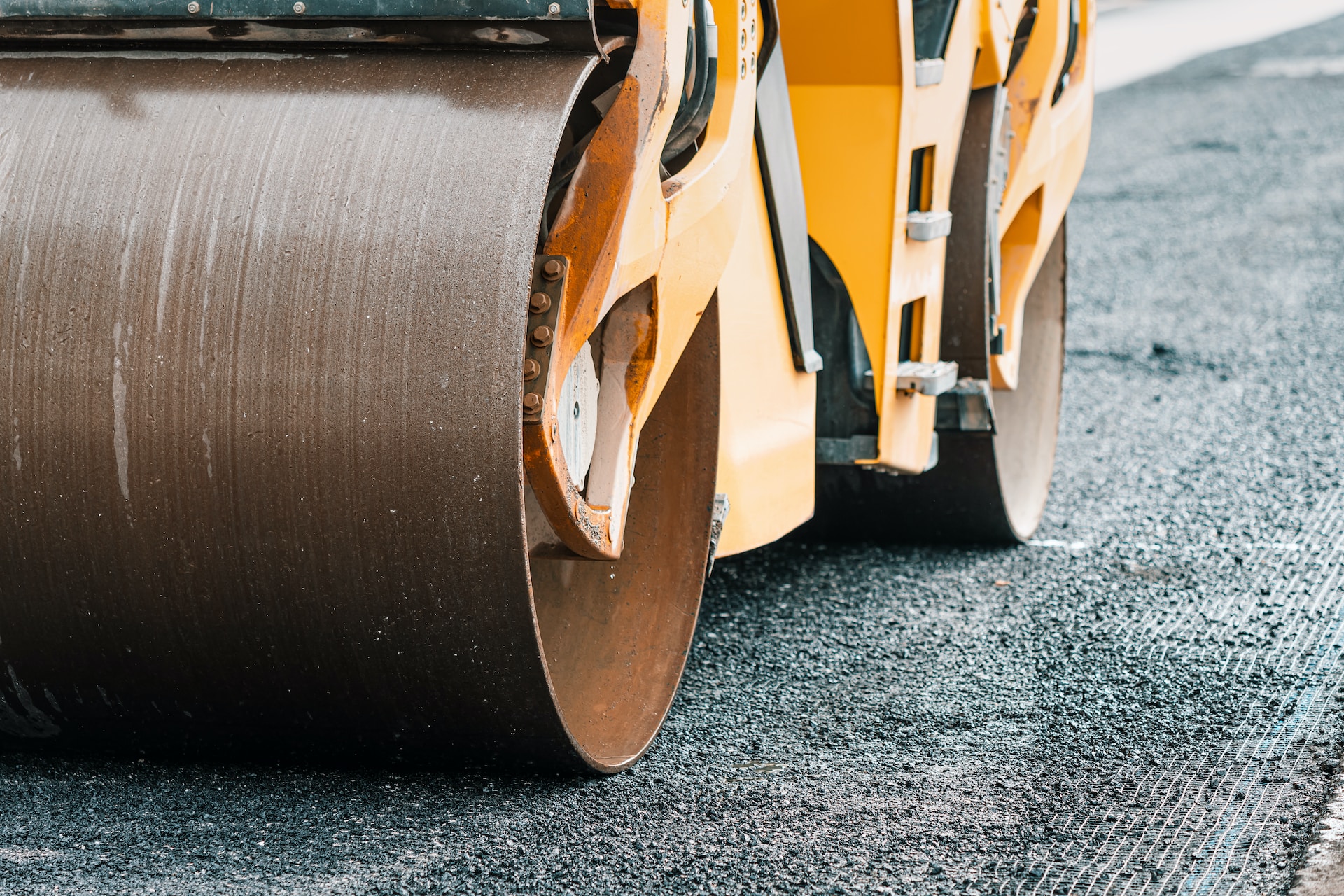The Cost of Asphalt Paving – Breaking Down the Expenses
Asphalt is an excellent option for commercial or residential paving projects. It is durable, affordable, and can withstand heavy loads.
However, pricing will vary depending on project scope and location. The following factors will impact costs: the type of asphalt pavement needed (repair, resurfacing, or new installation), materials used, and more.
Materials
Asphalt is a compound composed of stone, sand, and additives kept together by liquid bitumen. It is the most expensive component of a paved road, making up 4 to 5 percent of its total weight.
The first step in creating asphalt pavement is to mix the aggregate components. This is done with a truck that dumps its load into two hoppers. Conveyor belts then move the hoppers to the plant for further processing. The components are weighed using a belt weighing instrument before preheating or drying.
The dry, powdery components are then sifted and mixed with other ingredients. The result is a hot mix that a self-propelled asphalt spreader can spread.
The mix is checked for quality using handheld spectroscopic devices that can find lime, phosphoric acid, and styrene-butadiene-styrene polymers in the mix. It is also screened for physical and thermal segregation. These measures ensure that all the materials are blended thoroughly to prevent damage and ruts on the roadway.
Labor
Asphalt is a durable and resilient material that professionals often choose for residential or commercial paving projects. Asphalt is also recognized as a low-cost alternative to other materials such as concrete or cobblestone.
When contractors install asphalt, they must first prepare the site by excavating and leveling the ground for the paving surface. You should only hire an excavation team that has plenty of experience in the field to ensure there will be no errors. Once the ground is ready, an asphalt paving company will install the base materials. The base is what holds the asphalt pavement together. A good quality base is essential to the long-term performance of your driveway, roadway, or parking lot.
The next step is the mixing and blending of the asphalt materials. This is done in an asphalt plant. Once the ingredients are mixed, they are heated to create a hot mix asphalt product. This is the most popular and economical form of asphalt. However, some asphalt producers use cold mixes that do not require heating of aggregate components.
Equipment
Asphalt is a durable material used to pave roads, parking lots, and industrial surfaces. It is easy to maintain and cost-effective compared to concrete. It is also recyclable, helping to reduce environmental impacts.
Bitumen and aggregates (gravel or sand) are the two primary components of asphalt. The pavement is made by mixing these materials. It is possible to add chemical admixtures for improved performance.
Asphalt paving companies near me typically lay the asphalt using paving equipment such as a paver, rollers, and rakes. These tools allow them to work quickly and accurately. They can also ensure the material is placed evenly, preventing aggregate segregation.
Paving machines can be purchased or rented, depending on the size of the project and the contractor’s needs.
In either case, having the right equipment for the job is essential. Higher-quality pavers, Crack Sealers, and other paving equipment provide incredible speed, accuracy, and results while cutting downtime and maintenance costs.
Permits
Asphalt is a durable, flexible, low-cost material that works well for driveways, parking lots, airport take-off, and landing strips. It is especially suitable for surfaces that will see heavy traffic and can withstand the weight of commercial vehicles.
Asphalt pavements last up to 15-20 years when properly maintained. Whether you need a simple overlay or complete resurfacing, asphalt paving is a cost-effective option for your business.
A professional paving company will be familiar with local codes and permit requirements. They can assist you in avoiding costly mistakes and keeping your project on track.
Asphalt comprises aggregates such as gravel, sand, crushed rock, and slags bound together with Hot Mix Asphalt (HMA). HMA is heated and mixed in a mixer. It is then loaded into trucks for transport to the paving site. Unlike concrete, asphalt requires less energy to heat and produces fewer fumes during mixing and paving operations. It is also easier to work with, making it a more economical choice for a paving contractor.

